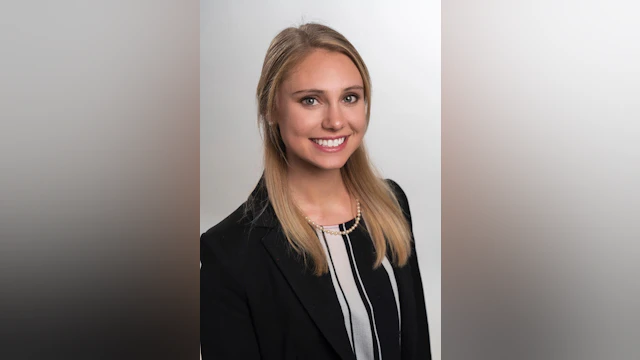I have long been skeptical of the phrase “everything happens for a reason,” because it feels presumptuous and wrong to suggest to someone that their personal catastrophe – an accident, terminal illness or death – was meant to serve some unknown, “greater good.” That phrase is uttered so casually and so often that we hardly think about how it might be interpreted: that you were meant to suffer, that your destiny is out of your control.
This question – of whether everything happens for a reason – comes into particularly sharp display when providing comfort to someone who has lost a loved one to suicide.
I was diagnosed with depression, anxiety and obsessive-compulsive disorder as a teenager. Growing up, I was praised by my parents and teachers for obsessing over grades and assignments, which earned me the label of “type A” personality. As obsessions often do, this one became unhealthy; and instead of the perfection I was striving for, I was rewarded with constant and overwhelming thoughts of doom and failure. In a moment of desperation, I turned to suicide as a way to escape the pain.
Thankfully, I am still here today to tell my story, and with an amazing support system, consisting of family, friends, and a team of trained doctors, I was able to overcome my darkest days.
Unfortunately, I know that not everyone has access to the appropriate tools and support to overcome such challenges. That is why, after my graduation from college, I became a volunteer for the National Capital Area’s chapter of the American Foundation for Suicide Prevention. (Find your own local AFSP chapter here.)
To that end, I have had the honor of facilitating the Healing Conversations program as a board member of my local AFSP chapter. The program – which offers support for survivors of suicide loss – is unique in that it offers comfort and guidance from trained volunteers who have experienced suicide loss firsthand. These volunteers, whose loss was longer ago in the past, are able to offer true understanding, and share personal stories about how their own loss affected them in those initial, painful moments, and how they found their way through grief to a place of healthy healing. In addition to my own lived experience, I also lost a dear friend to suicide in college, and know how grateful I would have been to have access to this program at that time.
As the coordinator of my chapter’s Healing Conversations program, I initially receive a request from someone who has experienced a loss and is seeking support. I then match the requestor as best I can with one of our incredible volunteers who have had similar experiences, whether it be the type of relationship they had to the person they lost (parent, child, spouse, friend, etc.); demographic considerations such as age, sexual or gender identities and racial or ethnic backgrounds; or when possible, other more niche qualities, like whether they have served in the armed forces. Volunteers then follow up with the requestor via email, and move forward with a Healing Conversations meeting, whether that be by phone, virtually, or in-person. Equipped with their own personal experiences and information they can share on helpful resources, these volunteers have – well – a healing conversation with the participant to break down any barriers of stigma or shame that may exist, and pave the way for acceptance and the beginning of healing.
Does everything truly happen for a reason? In the weeks and months following a suicide loss, the question “why?” seems omnipresent. Why me? Why did this happen? Why couldn’t I have done more? There are no easy answers to these questions. Guilt is a common feeling, but the reality is that we do the best we can with what we know at the time. I do not personally believe that people who have experienced such loss were purposely put on this earth to endure this kind of tragedy. But I do know that painful experiences have helped me to develop skills such as resilience, perseverance and determination, along with a passion for mental health awareness. These experiences have given me a stronger connection with my fellow suicide loss survivors, and have allowed me a greater sense of appreciation and gratitude towards my volunteers and the amazing gifts they provide.
While I still struggle with the concept of whether everything happens for a reason, my own experiences have led me to this conclusion: that while we cannot ever fully control the negative experiences that happen in our lives, we can use them to shape our lives and paths for the better. It’s what I hope to do by facilitating these healing conversations. My even greater hope is that these healing conversations can be the beginning of understanding and acceptance for others, in the moments when they most need it.
